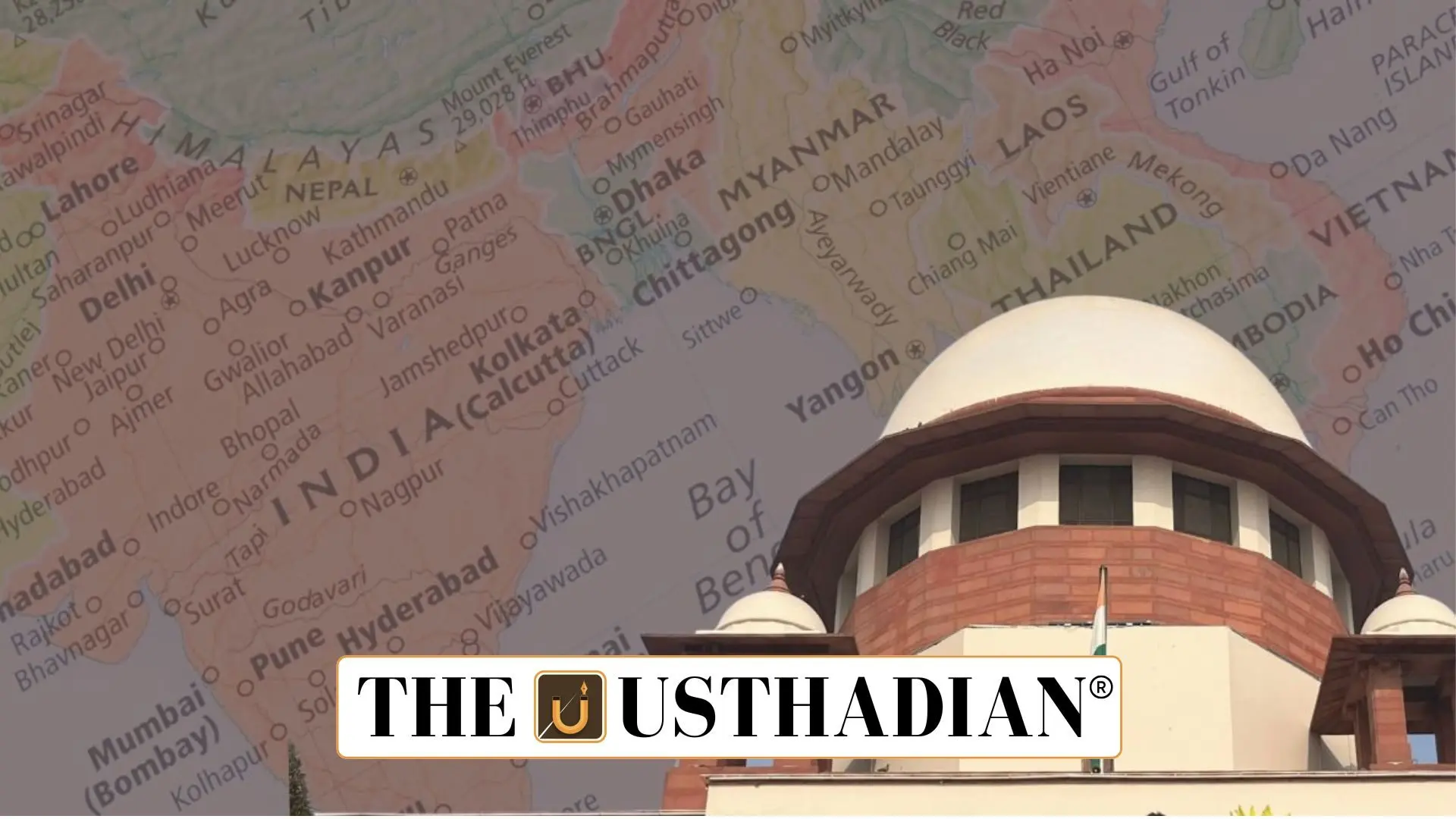Supreme Court Denies Stay on Rohingya Deportation
Supreme Court on Rohingya Deportation: Legal and Constitutional Perspective: The Supreme Court of India recently refused to stay the deportation of illegal Rohingya Muslim migrants from Delhi, affirming the Indian government’s authority to handle undocumented foreigners under existing legal provisions. The decision was delivered amid rising concerns over national security and undocumented migration.
Legal Basis of Deportation
While Articles 14 and 21 of the Constitution guarantee rights to all persons including non-citizens, the right not to be deported is not absolute and is tied to Article 19(1)(e), which applies only to Indian citizens. The Court reiterated this view from the Mohammad Salimullah case (2021), underscoring that the Foreigners Act governs such matters.
India’s Refugee Policy Framework
India is not a signatory to the 1951 UN Refugee Convention or its 1967 Protocol. It also lacks a dedicated domestic refugee law. Hence, all refugee-related issues are handled on a case-by-case basis through executive discretion, often guided by bilateral agreements or national security considerations.
Constitutional and Statutory Provisions
The Passport (Entry into India) Act, 1920, allows the Union Government to remove foreign nationals who have entered India illegally without valid documents. Moreover, Articles 258(1) and 239(1) of the Constitution authorize States and Union Territories to assist in executing deportation orders, ensuring decentralised enforcement.
STATIC GK SNAPSHOT
Supreme Court on Rohingya Deportation: Legal and Constitutional Perspective:
| Subject | Details |
| Case in News | Rohingya Deportation, Supreme Court Decision (2025) |
| Key Case Cited | Mohammad Salimullah v. Union of India (2021) |
| Constitutional Articles | Article 14, 21 (all persons), Article 19(1)(e) (citizens only) |
| Related Acts | Foreigners Act 1946, Passport Act 1920 |
| Refugee Convention Status | India is not a signatory to the 1951 Convention or 1967 Protocol |
| Legal Definition | Refugees are treated as foreigners/aliens in India |
| Enforcement Powers | Entrusted to Centre and States/UTs under Articles 258(1), 239(1) |








